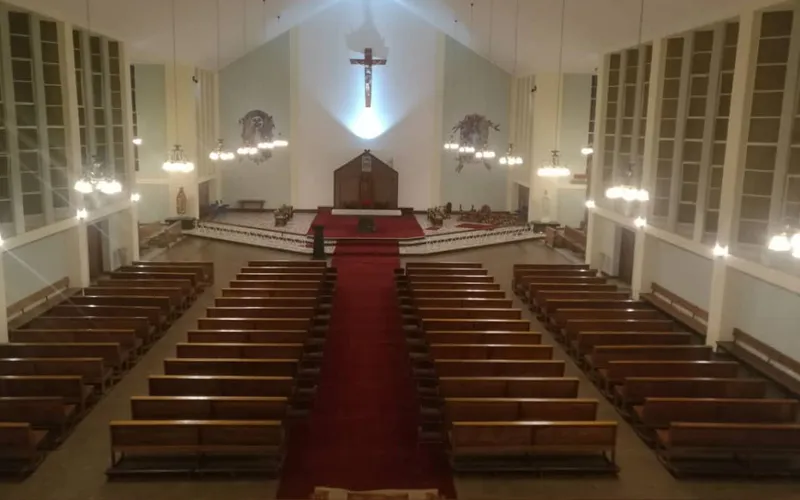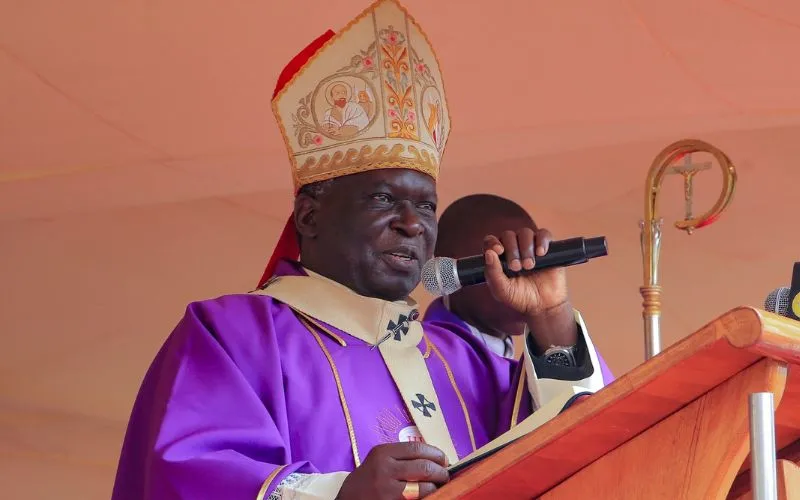Considering the mood in the country, the Bishop who has been at the helm of the Zambian Diocese since August last year says, there is going to be “an increase of visits of those seeking election to various political offices to our Churches.”
“As such, I therefore direct that when such visits occur, those seeking political offices should be treated as any other ordinary Christian coming to worship,” Bishop Phiri says.
Addressing himself to politicians who are expected to join other faithful for worship, he cautions, “At no time should they be accorded a chance to speak to the gathered faithful during Mass at the pulpit nor should they be given an audience outside Mass to speak to the parishioners within the parish premises.”
Last month, officials of the Jesuit Centre for Theological Reflection (JCTR) called on political aspirants in Zambia to inform the electorate on how they will address the country’s debt crisis should they be elected.
“Aspiring political leaders must articulate economic growth programs that respond to the needs of the poor and the vulnerable and how as leaders they are going to contribute to the common good and the preservation of human dignity of every Zambian,” officials of the Institution said in their May 17 statement.
They further urged political aspirants to “clearly demonstrate how they are going to address this debt crisis to ensure improved social service provision throughout the country.”
Zambia has an estimated US$20.46 billion public debt comprising both external and domestic dues.
Meanwhile, in a separate statement, the Bishop of Ndola has directed that the faithful remain seated during the proclamation of the Gospel in Eucharistic celebrations.
Bishop Phiri says that the decision is in line with the recommendation of the members of the Zambia Conference of Catholic Bishops (ZCCB) to review the liturgical policy “in view of adopting the national guideline for the sake of uniformity in the country.”
“With regard to the posture during the reading or proclamation of the Gospel, and in a bid to enhance the unity in liturgical celebration within the context of the Local Church in Zambia, the Bishop’s Conference reaffirmed the adoption of the common posture of sitting,” Bishop Phiri says in the statement.








